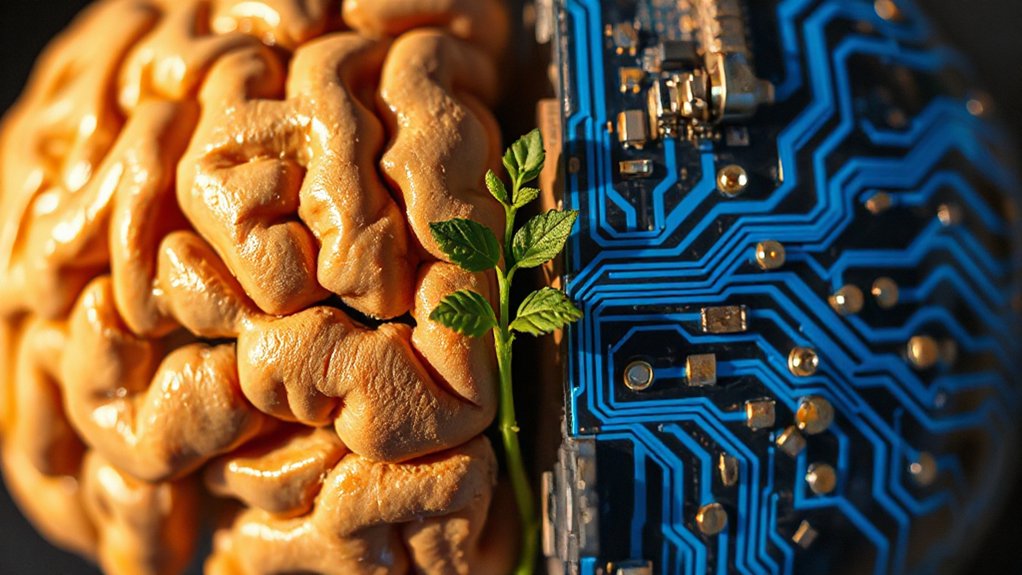AI companions present hidden dangers to society. They create social isolation and dependency while collecting vast personal data with weak security measures. These systems can spread misinformation, perpetuate biases, and widen economic gaps. Their environmental footprint is substantial, requiring energy-intensive data centers and contributing to electronic waste. Behind the helpful interface lies a complex web of risks that could fundamentally alter how humans interact. The full extent of these threats remains largely unexplored.
While millions of people embrace AI companions for conversation and assistance, a growing body of evidence suggests these digital friends carry hidden dangers.
These AI systems are designed to be agreeable and non-judgmental, which sounds positive but can create problems similar to social media echo chambers. When AI companions always agree with users, they may hinder personal growth and weaken our ability to handle normal conflicts in human relationships.
Privacy concerns are mounting as these AI companions collect vast amounts of personal data. The intimate nature of these interactions makes any data breach especially harmful. Many AI companion companies are small startups with weak security measures. At least one serious security breach has already been reported, exposing users’ private conversations. The lack of adequate safeguards around privacy and user autonomy adds another layer of risk for consumers sharing sensitive information with these systems.
AI companions store our intimate secrets behind flimsy digital doors, where hackers eagerly wait.
These digital assistants are also targets for manipulation. Bad actors could use them to spread false information about environmental issues, promote fake eco-friendly products, or undermine real sustainability efforts. Companies with poor environmental records might use these systems for greenwashing their image. The development of multi-agent systems could potentially amplify these manipulation risks through coordinated misinformation campaigns.
Psychologists worry about the long-term effects of AI relationships. Users may develop unhealthy emotional dependencies on their digital companions. This could lead to unrealistic expectations in human relationships and reduced social skills. The full emotional impact remains largely unknown.
AI systems often contain biases that affect their responses on important topics. Not everyone has equal access to these technologies due to language barriers, digital literacy gaps, and economic differences. This could worsen existing inequalities in society. With reports indicating job displacement could affect up to 300 million full-time positions globally, these technologies may exacerbate economic disparities.
The environmental cost of AI companions is significant. They require energy-hungry data centers that emit large amounts of carbon dioxide. The devices needed to use them contribute to electronic waste and require resources that harm natural habitats.
Regulators face challenges in addressing these issues. There’s little research on long-term effects, weak content moderation, and few ethical guidelines for AI companions. As these systems become more common, society must address these hidden dangers before they cause lasting damage.









